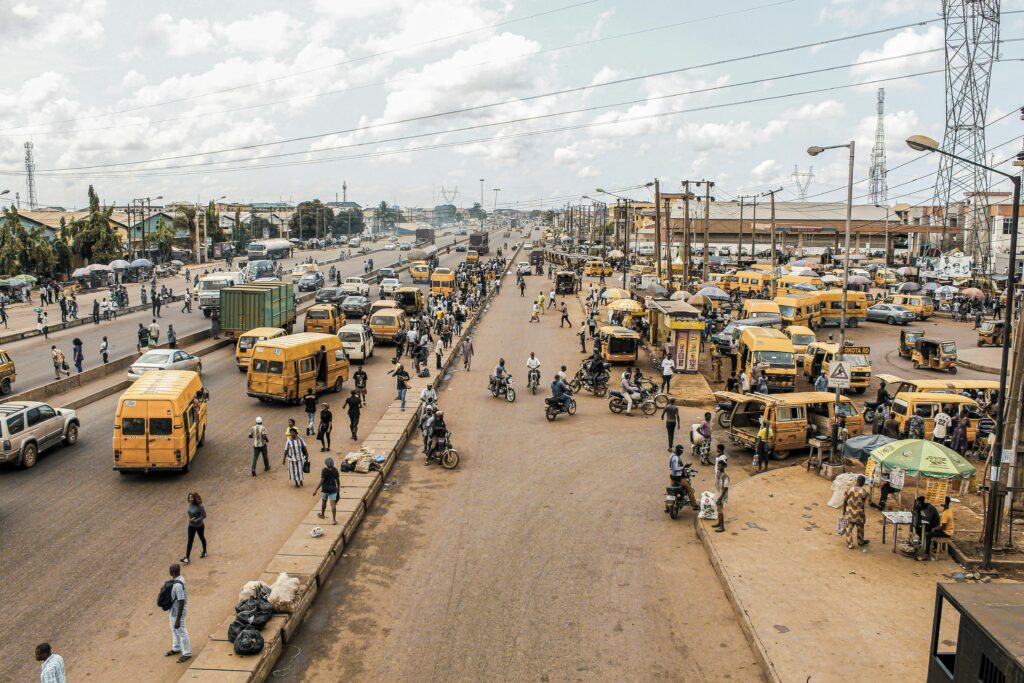
Understanding the Safety Concerns of Visiting Nigeria
Nigeria, with its diverse landscapes, cultural richness, and vibrant energy, is an enticing destination for the curious traveler. However, safety concerns often cloud the prospect of visiting this West African nation. From political instability to regional tensions, potential travelers may wonder if the journey is worth the perceived risks. This Nigeria travel guide delves into the country’s current safety dynamics, providing insights to help visitors make informed decisions.
Overview of Nigeria’s Geography and Culture
Nigeria boasts a vast cultural heritage, comprising over 250 ethnic groups and rich geographical diversity, from tropical forests to savannas. Cities like Lagos and Abuja represent the modern, bustling heartbeat of Nigeria, while remote villages reveal centuries-old traditions. Appreciating this blend of history and modernity is essential to understanding Nigeria’s social landscape, including Nigerian culture and customs.
A Closer Look at Nigeria’s Recent Safety Record
While some parts of Nigeria experience safety challenges, recent efforts by the Nigerian government and community organizations have worked toward improving security. Urban areas, especially in southern regions, have seen infrastructure developments and increased police presence aimed at protecting both locals and tourists.
Current Travel Advisory for Nigeria
Many countries issue travel advisories for Nigeria, often highlighting regions to avoid, especially the northeastern areas impacted by insurgent groups. Staying updated on advisories from official sources, such as the US State Department or the UK Foreign Office, is crucial for tourists planning a visit.
General Crime and Safety in Nigeria
Crime in Nigeria varies by region, with urban centers experiencing more incidents of petty theft, while violent crime tends to be more localized in specific areas. Tourists should exercise caution in crowded spaces and avoid showing valuables openly, as pickpocketing and scams can be common.
Popular Scams and How Tourists Can Avoid Them
Certain scams are well-known in Nigeria, targeting unsuspecting tourists. The “419” scam, where fraudsters promise large sums of money in exchange for bank details, is one to be aware of. By being alert and cautious with strangers offering unsolicited help or deals, travelers can avoid common traps.
Safety in Major Cities: Lagos, Abuja, and Beyond
Safety in Port Harcourt: This oil-producing city has historically seen occasional unrest. Travelers should stick to secure areas and avoid isolated spots after dark.
Safety in Lagos: As Nigeria’s largest city, Lagos is a lively metropolis with both safe and unsafe zones. Victoria Island and Lekki are generally safe for tourists, especially with their upscale accommodations and 24/7 security presence.
Safety in Abuja: The capital city, Abuja, is known for its organized layout and relatively low crime rates. However, tourists should still stay vigilant, particularly in crowded marketplaces.
Natural Hazards and Environmental Concerns
Nigeria’s natural environment includes hazards like flooding, which occurs during the rainy season, and pollution in industrial areas. Travelers should be mindful of environmental conditions when planning activities, particularly in coastal and riverine areas.
Health Risks and Travel Insurance
Nigeria is home to certain tropical diseases, with malaria being the most prevalent. It’s advisable for tourists to take preventative malaria medication and ensure vaccinations are up to date. Comprehensive travel insurance covering health emergencies is also recommended.
Understanding Political Instability and Civil Unrest
While Nigeria is politically stable in many regions, sporadic unrest can still arise, particularly in areas with socio-economic disparities. Understanding the political climate and steering clear of political gatherings or demonstrations is wise for tourists.
Navigating Rural vs. Urban Areas
Urban regions are generally more accessible, with ample infrastructure supporting tourism. Rural areas, while showcasing traditional Nigeria, often have limited facilities and can present safety challenges due to isolated locations.
Transportation Safety: Roads, Airports, and Public Transport
Public Transport Safety: Buses and local taxis may not meet Western safety standards. Instead, services like Uber or hotel-arranged transport provide safer alternatives.
Road Travel Safety: Driving in Nigeria can be unpredictable due to traffic congestion and unregulated road conditions. Hiring a reputable driver is often safer than navigating on your own.
Air Travel Safety: Nigeria’s major airports, especially in Lagos and Abuja, have improved in safety measures. Domestic airlines are generally safe, but travelers should avoid night flights if possible.
Cultural Sensitivity and Respect for Local Customs
Respecting Nigeria’s cultural values goes a long way in ensuring a harmonious experience. Dress modestly, avoid public displays of affection, and be mindful of Nigeria’s religious diversity to show respect for local customs.
Safeguarding Your Belongings and Valuables
When traveling in Nigeria, it’s essential to keep valuables like passports, cash, and electronics secure. Hotel safes and money belts can be helpful in safeguarding your belongings, especially in crowded areas.
How to Identify and Avoid Dangerous Areas
Some areas, especially around the northeastern regions, are best avoided by tourists. Researching destinations and seeking local advice can help identify safe spots to visit.
Safe Places to Visit in Nigeria
Numerous safe locations are waiting to be explored, such as Obudu Mountain Resort, Yankari National Park, and the Olumo Rock in Abeokuta. These places offer scenic views and unique experiences, with a relative degree of safety.
Activities and Areas to Avoid as a Tourist
Certain nightlife spots and isolated areas in major cities can pose risks for tourists. It’s generally advisable to avoid these areas and stick to well-known tourist hubs and guided tours.
Safety Tips for Solo Travelers
Solo travelers should take additional precautions, such as notifying someone of their itinerary and avoiding desolate areas at night. Using ride-sharing apps rather than flagging down street taxis is another helpful safety measure.
How to React in an Emergency Situation
In the event of an emergency, contacting your embassy should be the first step. Nigeria’s emergency response can be slow in some areas, so keeping contact details for local authorities and your embassy on hand is crucial.
Staying Informed and Prepared
Staying informed, cautious, and prepared can make a significant difference in ensuring a safe and enjoyable trip to Nigeria. While some risks exist, many travelers find Nigeria’s rewards—its vibrant culture, welcoming people, and natural beauty—worth the extra preparation. To enjoy the experience fully, consider the best time to visit Nigeria for optimal weather and events.
